
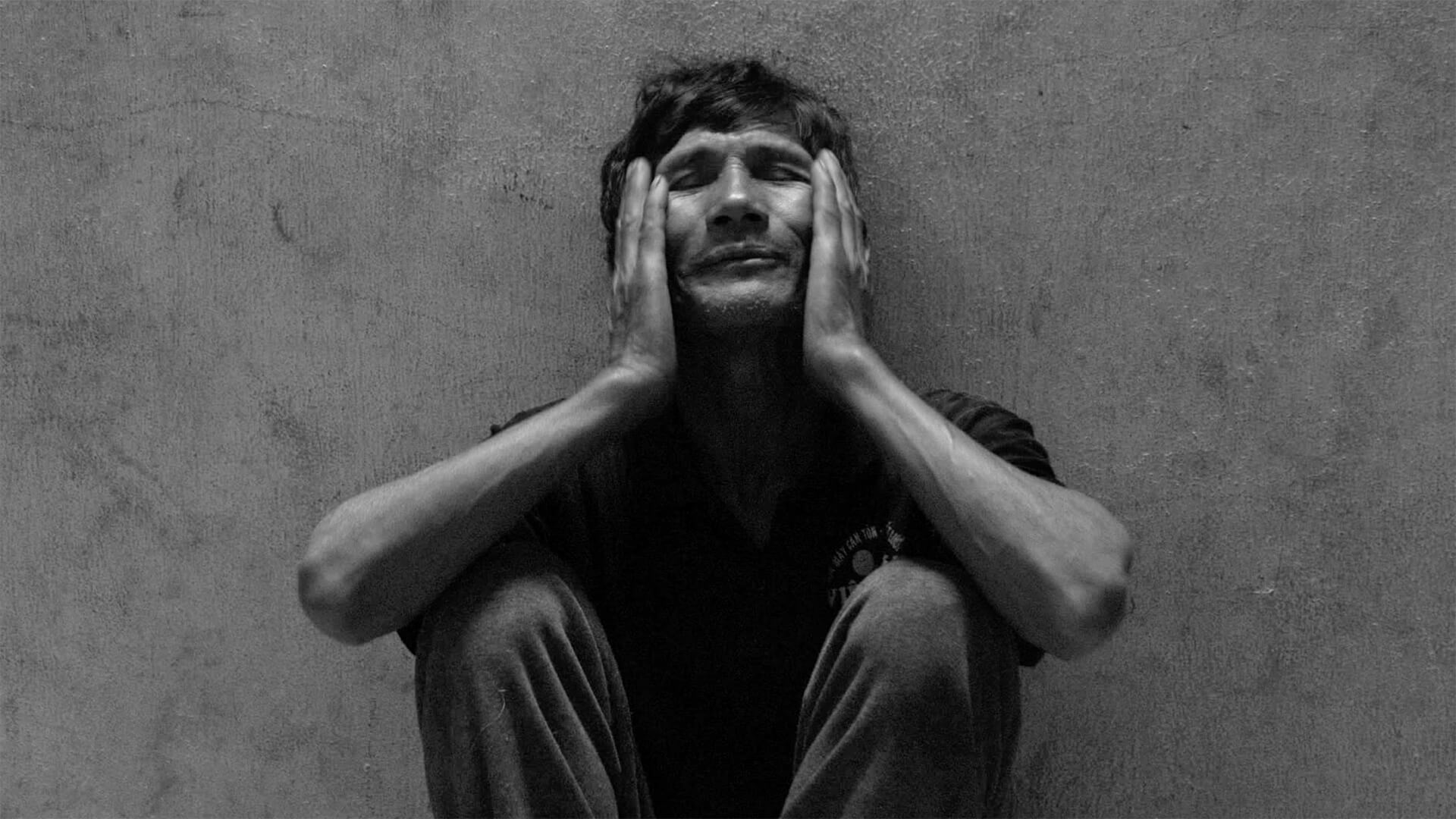

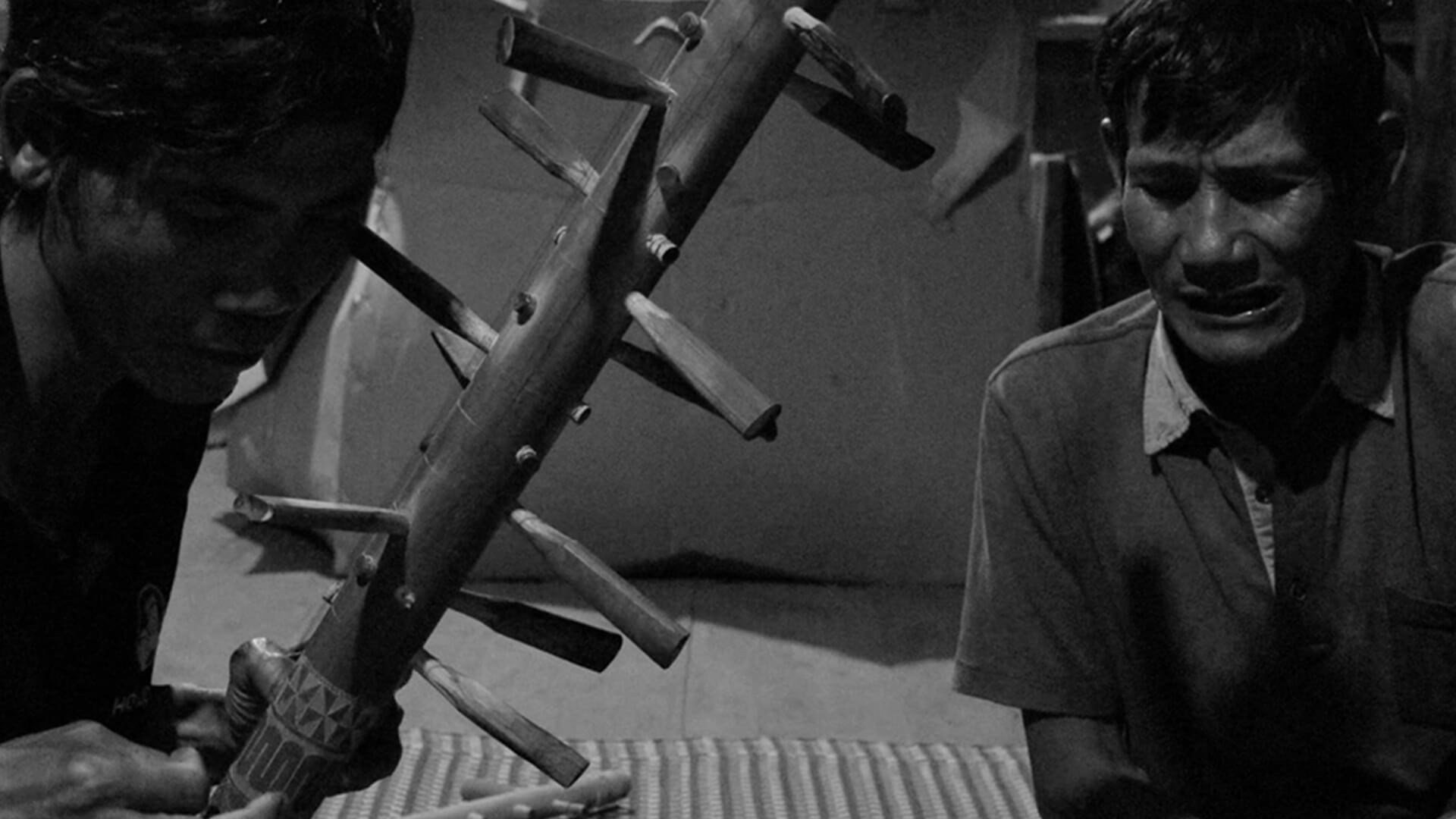

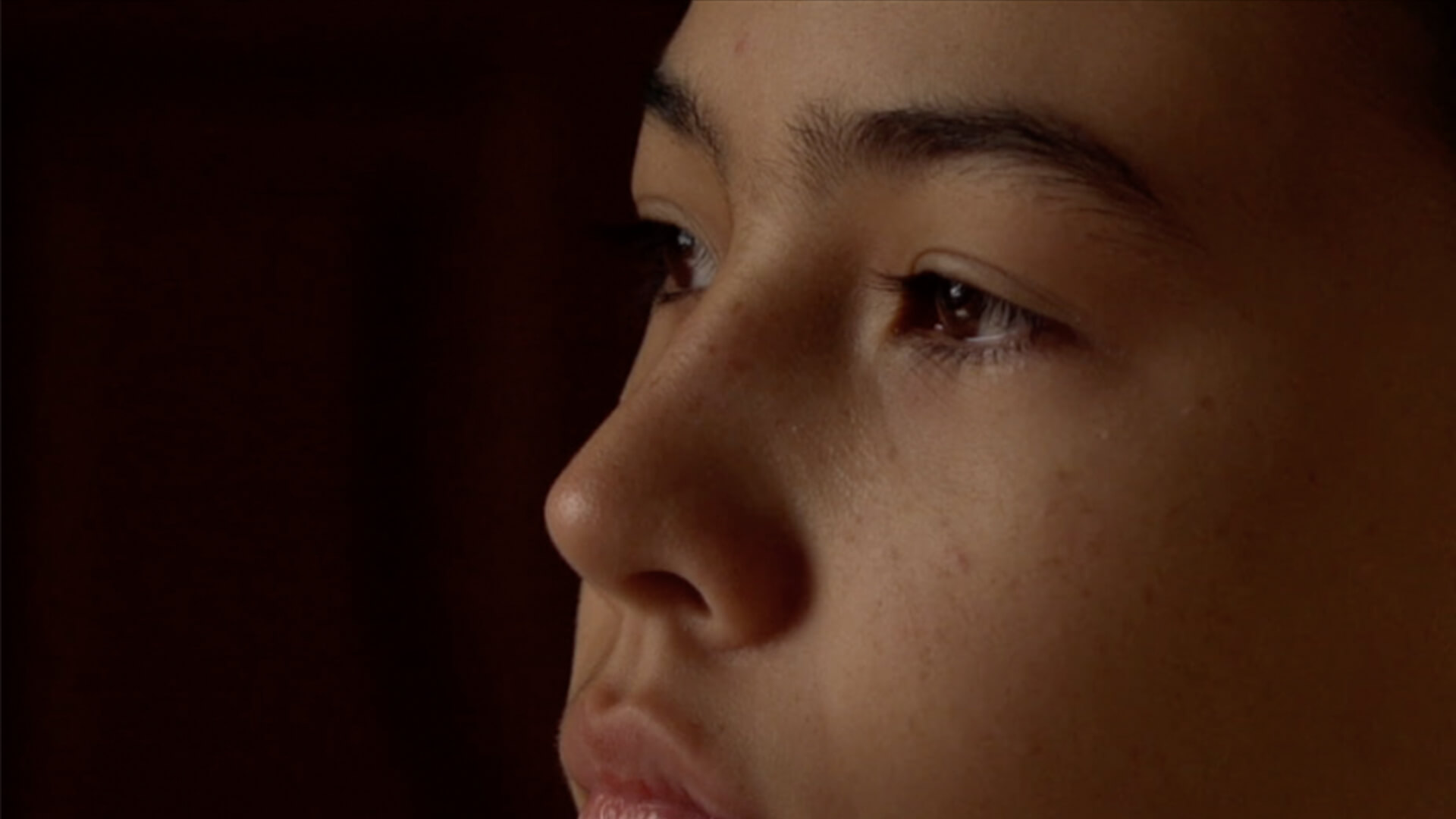

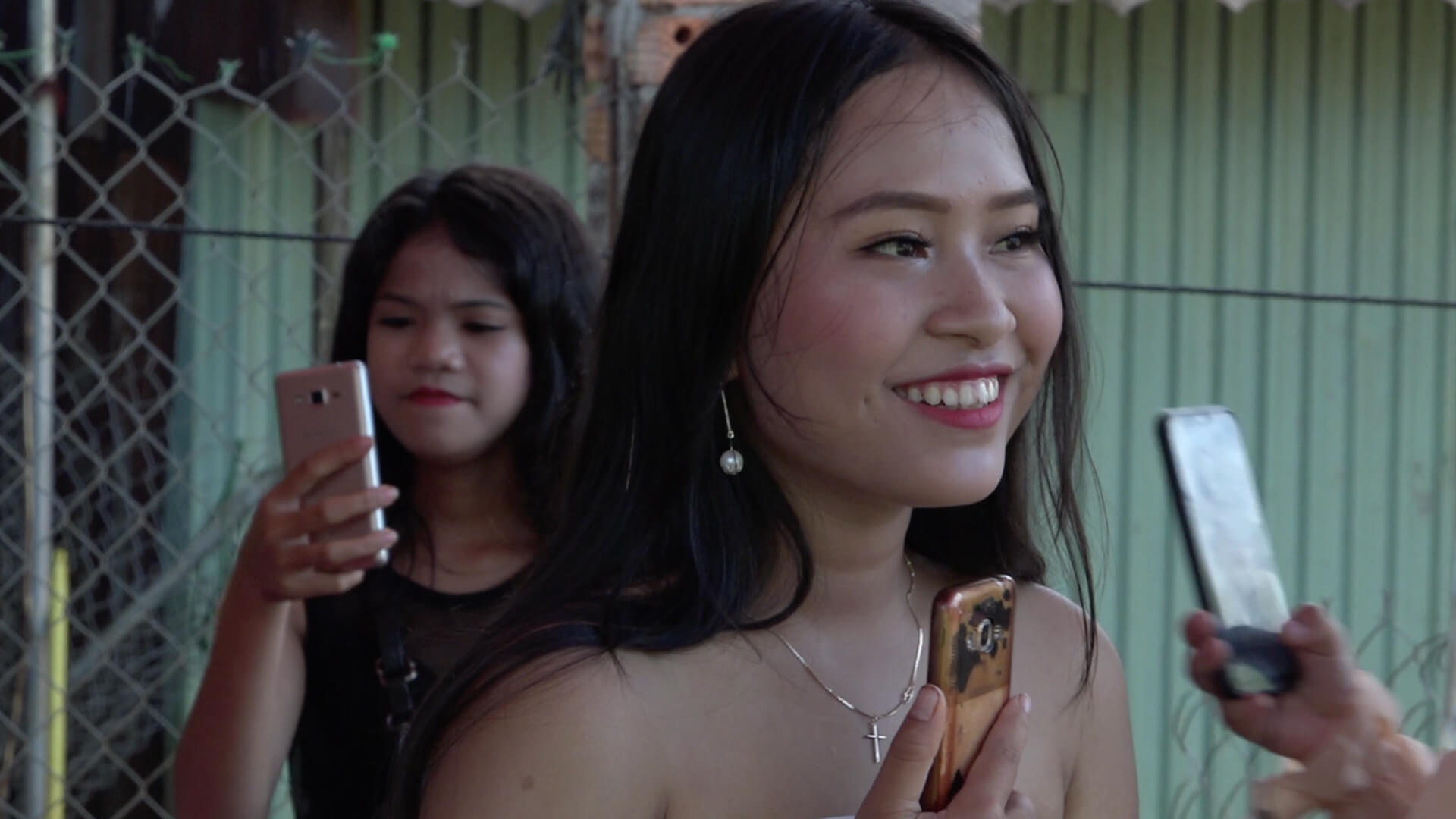

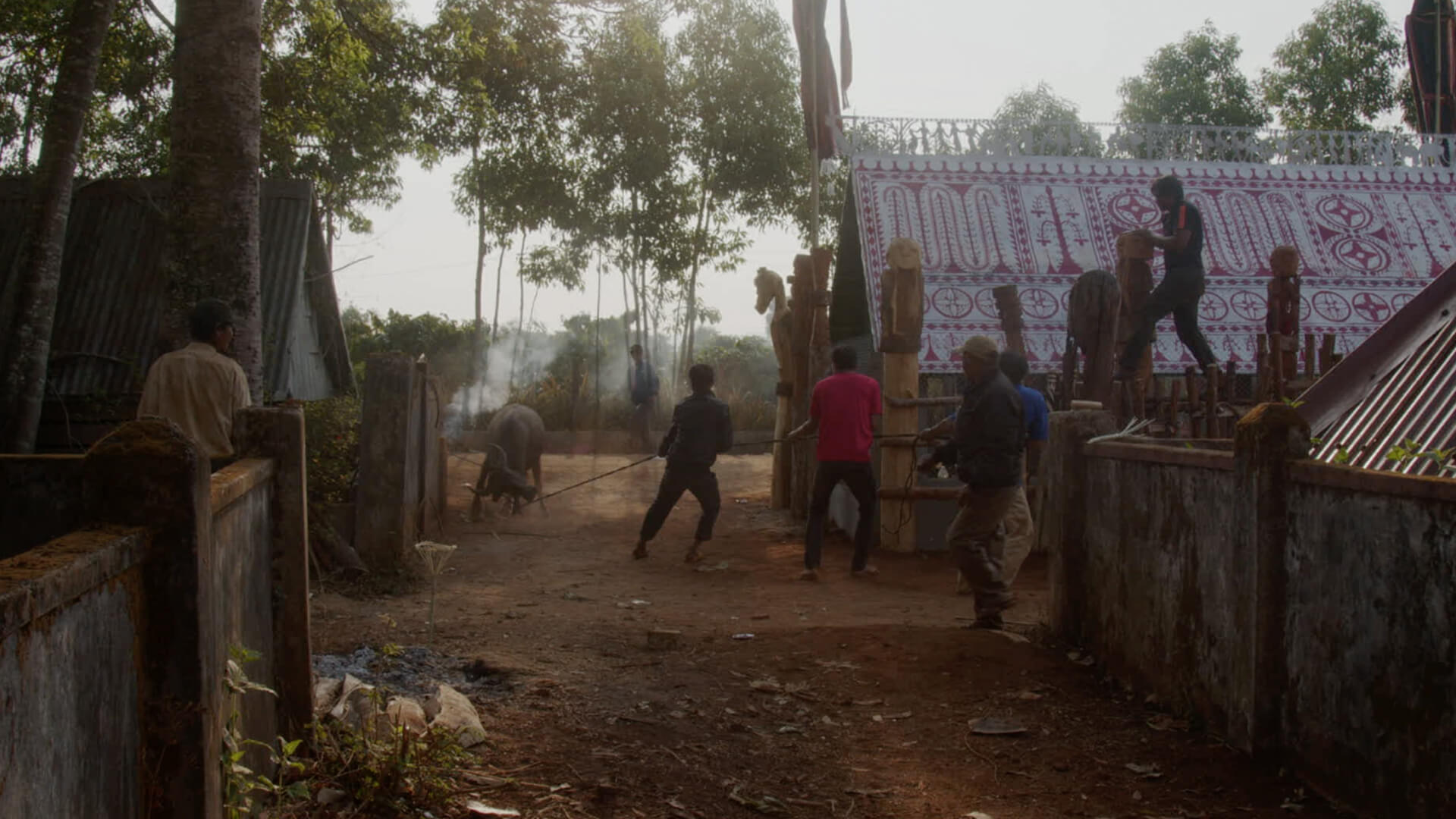

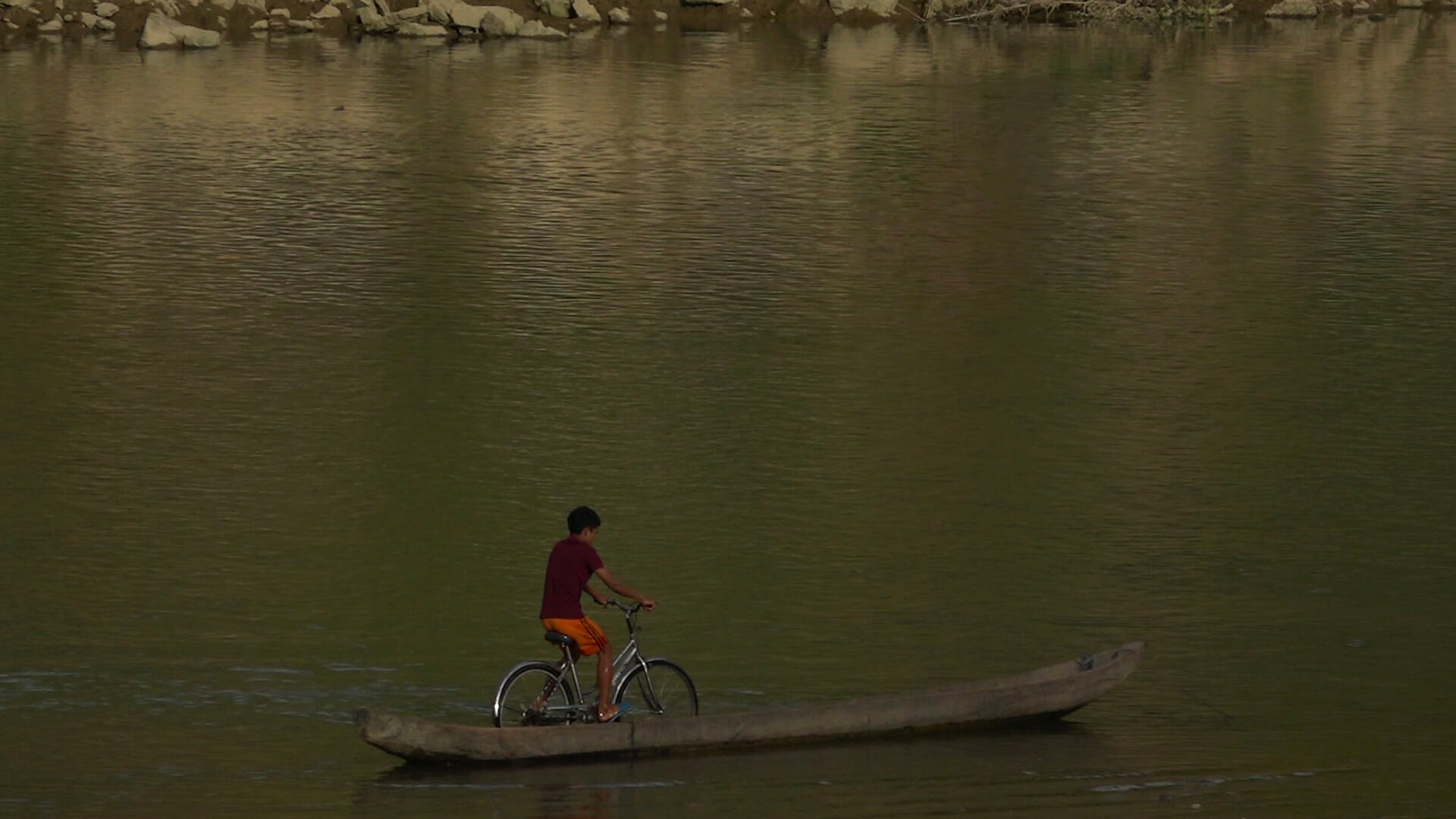

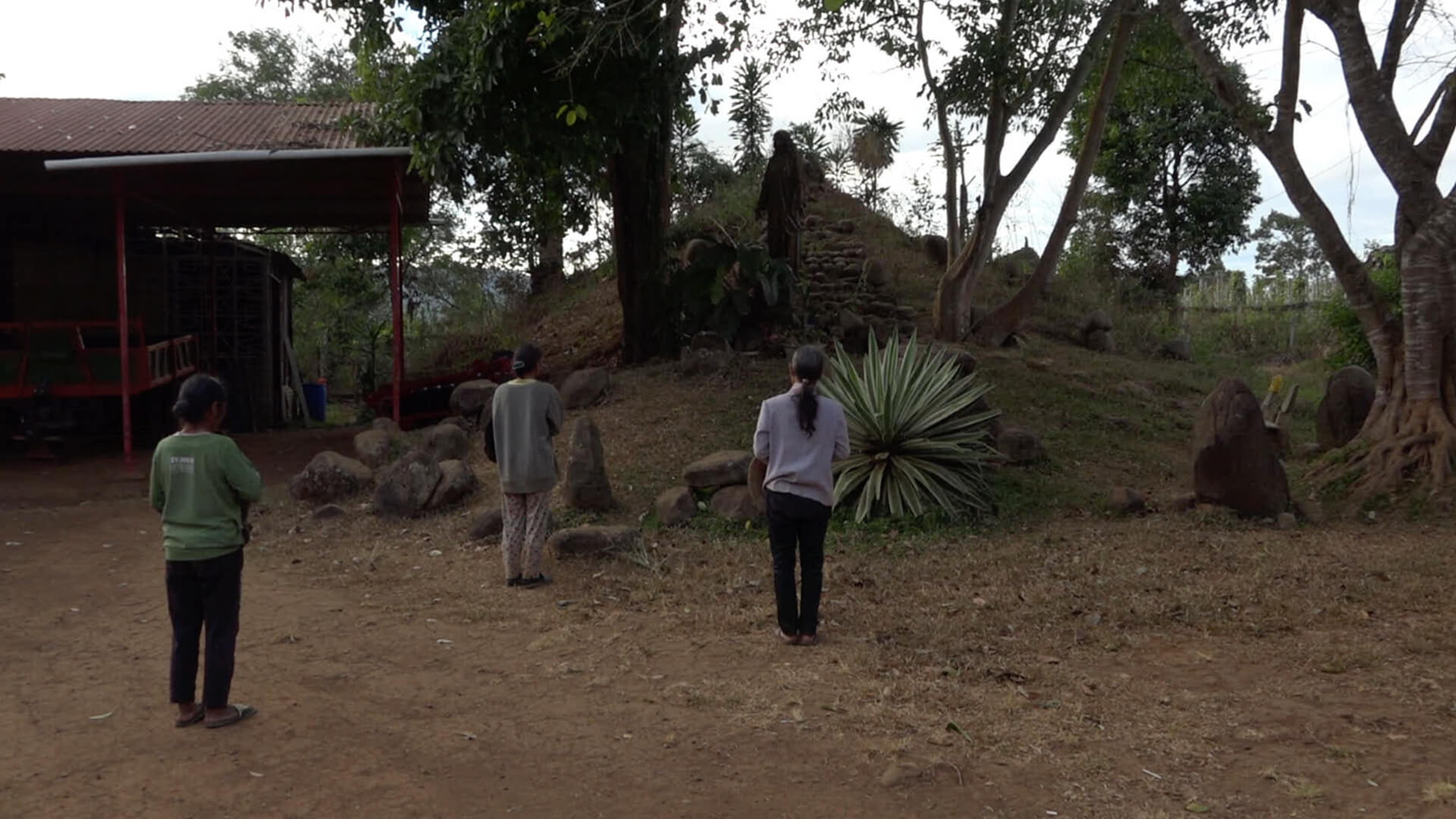

Nguyen Trinh Thi—Day Two
Nguyen Trinh Thi’s trilogy on Indigenous cultures in Vietnam—Letters From Panduranga (2015), Fifth Cinema (2018) and How to Improve the World (2021)—explores the idea of landscape as a witness of history. These films employ non-linear forms of storytelling to interrogate representation in ways that point to, and ultimately subvert, dominant narratives.
This screening will be followed by a dialogue with filmmaker Nguyen Trinh Thi and Gallery curator Phoebe Scott.
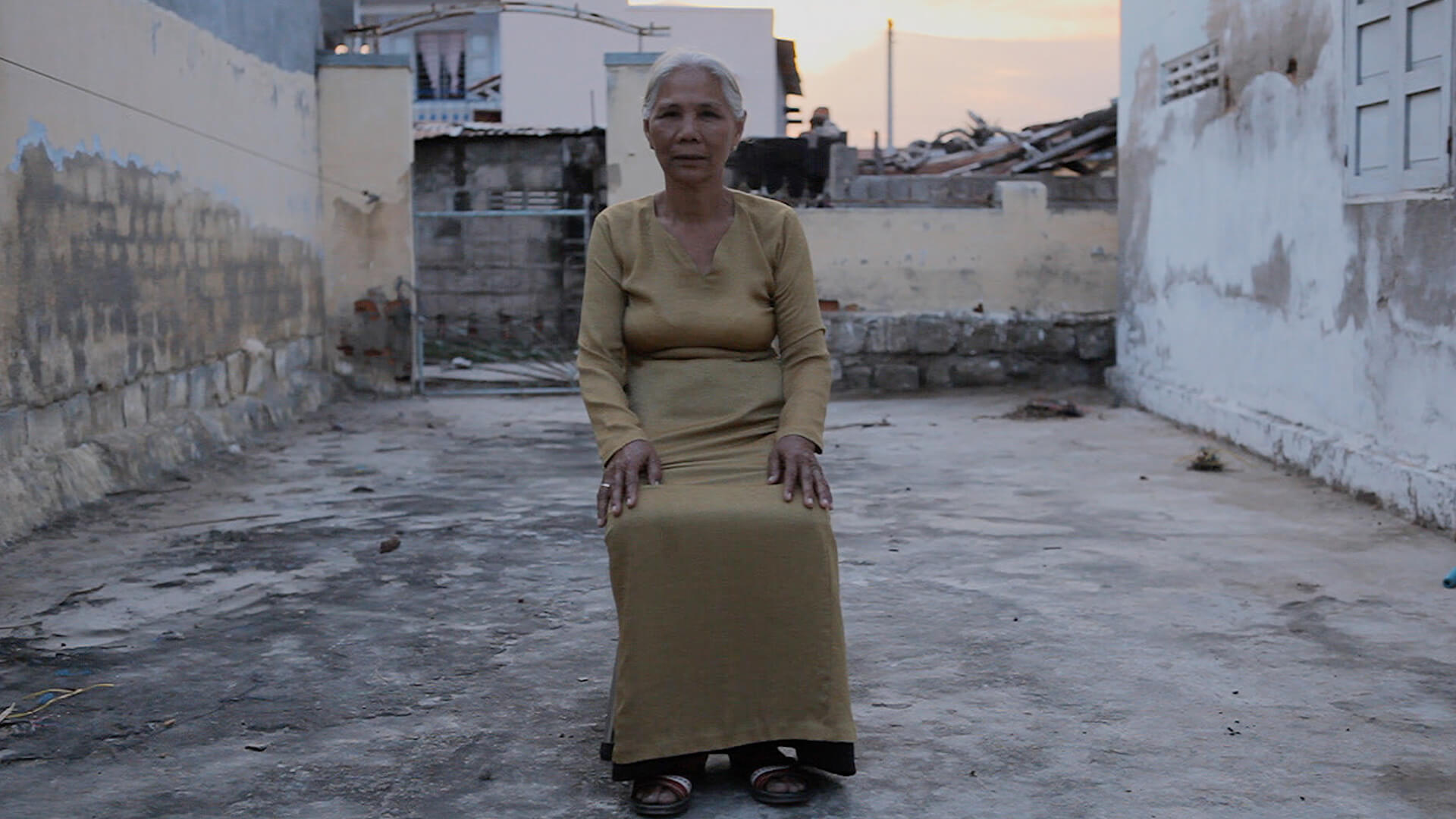
LETTERS FROM PANDURANGA
Vietnam | In Vietnamese with English subtitles | 2015 | 35 min | PG
Letters From Panduranga was made in response to a joint Vietnamese and Japanese proposal to build Vietnam’s first two nuclear power plants in Ninh Thuan, formerly known as Panduranga. Situated in the last surviving territory of Champa and the spiritual heart of the Cham Indigenous people, this project threatens to erase this ancient matriarchal Hindu culture that dates back almost two thousand years.
The film takes the form of an exchange of letters between a woman and a man, who take turns to read. At one point, the woman remarks, “I’m trying to avoid speaking on behalf of the other.” This desire to give voice to, while also taking care not to define another person’s perspective is reflected in the film as it veers between documentary and fiction. Through the layering of intimate portraits and distant landscapes, numerous traces of a historical and ongoing experience of colonisation unfold.

HOW TO IMPROVE THE WORLD
Vietnam | In Vietnamese and Jrai with English subtitles | 2021 | 47 min | PG
Set in the Central Highlands of Vietnam where a number of Indigenous communities live, How to Improve the World is a film about listening. This film resists a Western reliance on visual imagery and looking as a dominant way of perceiving, and explores the aural culture of the Jarai people. The film centres on an elder musician named Ksor Sep, who testifies that sound or the action of listening, is essential for his vocation. It is also a process by which he makes sense of the world, expresses himself, and recalls memories. Echoing this worldview, the layered soundtrack— recorded and mixed by Nguyen herself—is an expressive and vivid one, delineating the complexities of both exterior and interior landscapes of Ksor Sep’s people.
Ksor also quietly laments that singing, oral storytelling and the sounds of nature have declined over the years as modern development took over. Nevertheless, the core message of How to Improve the World is a hopeful one as the film mediates between an individual and their lineage, collapsing cultural and generational differences.
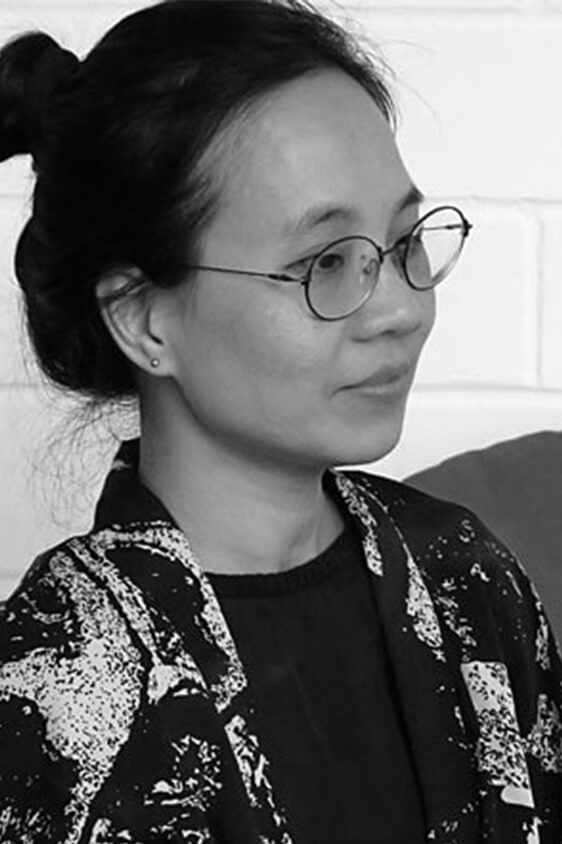
Nguyen Trinh Thi (b.1973, Vietnam) is an experimental filmmaker and media artist whose practice has consistently engaged with the history of Vietnam. In particular, she is interested in connecting the moving image with sound practices, performance and alternative forms of storytelling.
Her works have been exhibited at the Asia Pacific Triennale of Contemporary Art in Brisbane, Sydney Biennale, Jeu de Paume in Paris, Lyon Biennale, Asian Art Biennial in Taiwan, Fukuoka Asian Art Triennial, the Singapore Biennale, and Rotterdam International Film Festival.
This presentation belongs to a three-part film programme that explores prevailing narratives concerning Indigeneity in Australia and Vietnam. It is conceived in conjunction with the ongoing special exhibition, Ever Present: First Peoples Art of Australia, that runs from 27 May to 25 September 2022 at National Gallery Singapore.
The other presentations in this programme feature the documentary Firestarter—The Story of Bangarra about the Bangarra Dance Theatre, a company of professional Aboriginal and Torres Strait Islander performers, as well as moving image works by the Karrabing Film Collective, an Indigenous media group based in Australia’s Northern Territories.
As part of this programme, there will be free curator tours of the Ever Present exhibition on Sunday 10 July, 11am and 12pm. Please click ‘BOOK TOUR’ to register.
- SHARE THIS PROGRAMME
Films
Films
Films
Films
